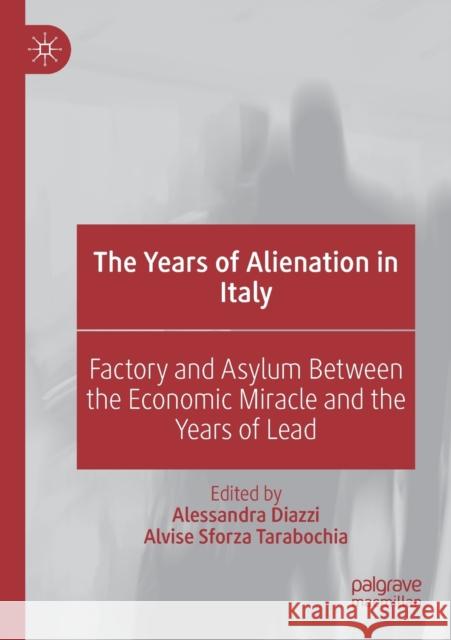The Years of Alienation in Italy: Factory and Asylum Between the Economic Miracle and the Years of Lead » książka
topmenu
The Years of Alienation in Italy: Factory and Asylum Between the Economic Miracle and the Years of Lead
ISBN-13: 9783030151522 / Angielski / Miękka / 2020 / 248 str.
The Years of Alienation in Italy: Factory and Asylum Between the Economic Miracle and the Years of Lead
ISBN-13: 9783030151522 / Angielski / Miękka / 2020 / 248 str.
cena 201,72
(netto: 192,11 VAT: 5%)
Najniższa cena z 30 dni: 192,74
(netto: 192,11 VAT: 5%)
Najniższa cena z 30 dni: 192,74
Termin realizacji zamówienia:
ok. 22 dni roboczych
Bez gwarancji dostawy przed świętami
ok. 22 dni roboczych
Bez gwarancji dostawy przed świętami
Darmowa dostawa!
Kategorie:
Kategorie BISAC:
Wydawca:
Palgrave MacMillan
Język:
Angielski
ISBN-13:
9783030151522
Rok wydania:
2020
Wydanie:
2019
Ilość stron:
248
Waga:
0.32 kg
Wymiary:
21.01 x 14.81 x 1.45
Oprawa:
Miękka
Wolumenów:
01
Dodatkowe informacje:
Wydanie ilustrowane











